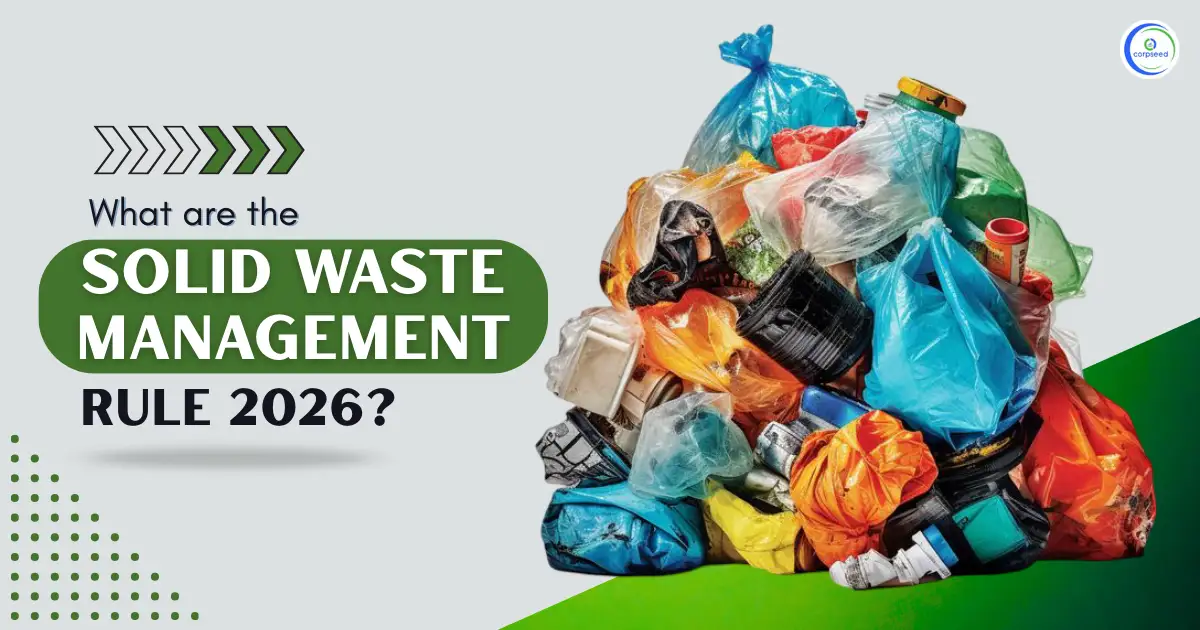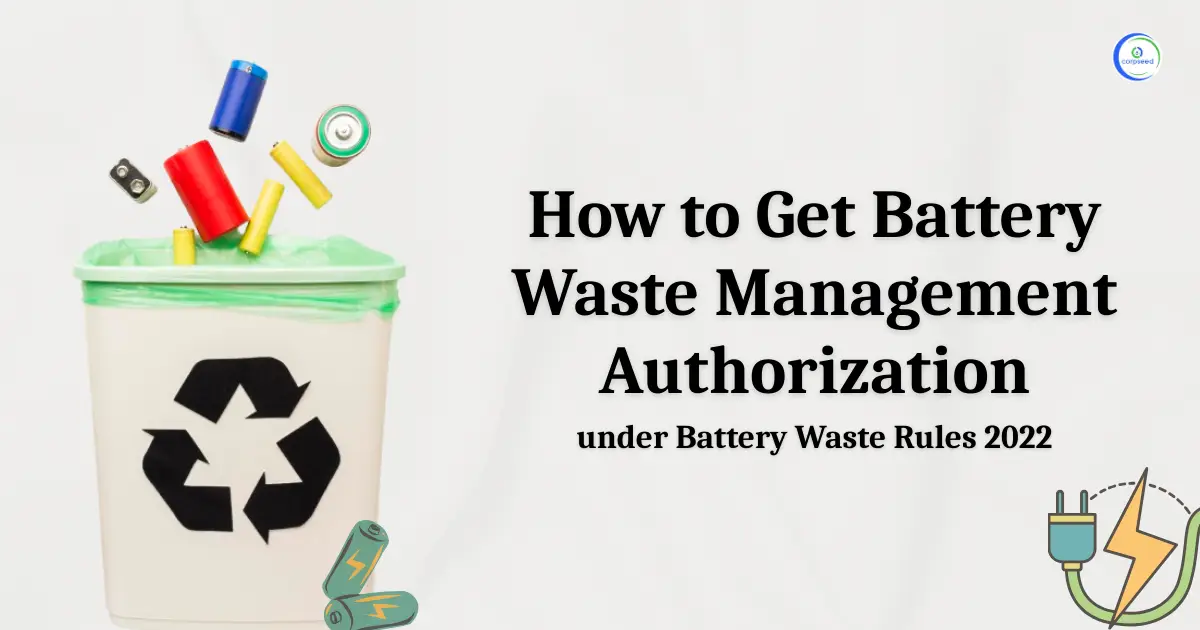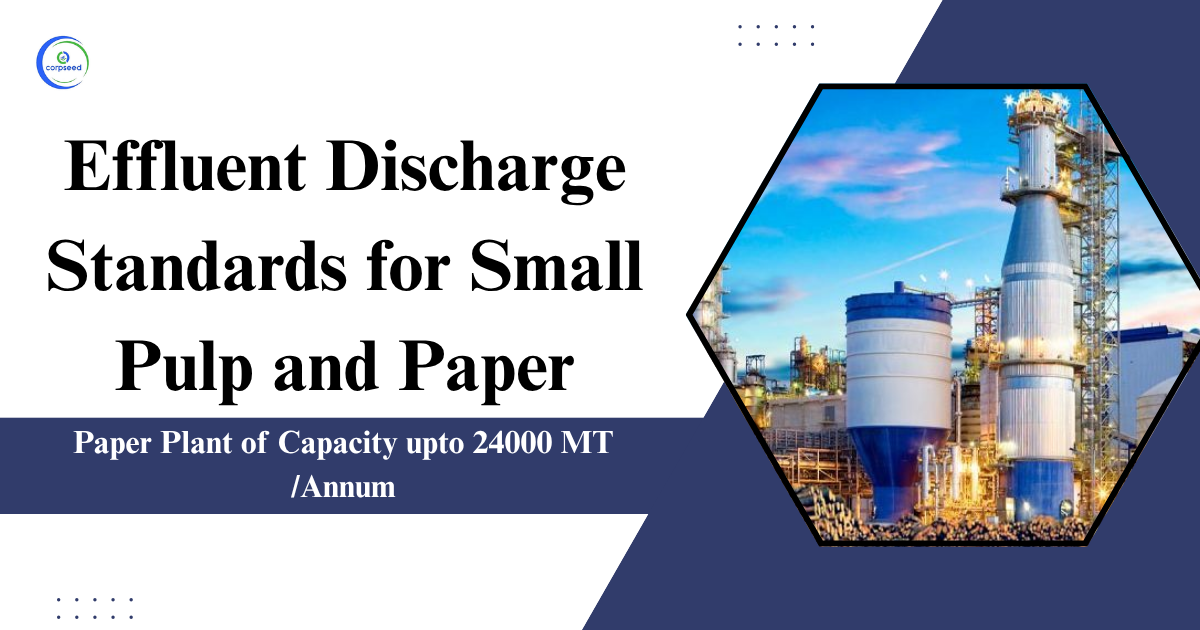The Ministry of Coal in India has recently introduced the Mineral Concession (Amendment) Rules, 2025 through a notification dated May 20, 2025. This amendment brings several significant changes to the existing Mineral Concession Rules, 1960, which govern the exploration, extraction and management of minerals in the country. The new rules aim to address the challenges faced by the coal-mining sector and streamline the processes involved in coal extraction, development and utilization. These changes are expected to increase the operational efficiency of the mining sector and contribute to the development of the coal industry.
Table of Contents
--------------Blog Contact Form-------------
What is the Mineral Concessions (Amendment) Rules, 2025?
The Mineral Concessions (Amendment) Rules, 2025 are an updated version of the existing rules under the Mines and Minerals (Development and Regulation) Act, 1957. The main purpose of these modifications is to make the coal mining process more flexible, efficient and sustainable. The new set of rules provides clarity on how coal-mining plans should be amended, introduces provisions for better land use and addresses important aspects such as environmental protection and re-handling of overburden. The Mineral Concession Rules, 1960, had earlier outlined the procedure for grant of mining rights, approval of mining schemes and allotment of mineral blocks. With the changes introduced in the 2025 revision, these rules now include provisions that are more in line with the current needs of the coal industry.
Benefits of the Mineral Concessions (Amendment) Rules, 2025
The updated regulations provide several key benefits for the coal mining industry, stakeholders, and the environment. Here are the key benefits:
- Simplified Approval Process: The new rules simplify the mining plan approval process by allowing minor changes without full approval. This reduces delays and accelerates project timelines.
- Encourages Sustainable Mining: Environmental stewardship is prioritised, with regulations required to include overburden rehandling and renewable energy projects such as solar plants. These changes promote sustainable coal mining operations.
- Increase in Coal Production Capacity: Coal production capacity can be increased by 50% without the need for major approvals. This supports the growing demand for coal in India and helps meet production targets efficiently.
- Flexibility in Mining Operations: Regulations allow for changes in extraction methods, the use of new technologies, and the reuse of land, such as for solar plants. This provides flexibility to adopt advanced mining practices.
- Improved Regulatory Clarity: The updated regulations provide clear guidelines on the responsibilities of mining operators, improving compliance and transparency as well as ensuring compliance with legal and environmental standards.
Key Changes in the Mineral Concessions (Amendment) Rules, 2025
Several notable changes have been introduced through the 2025 amendments to the Mineral Concession Regulations. Here’s a breakdown of these major changes:
- Substitution of Provisions in Rule 22-B: The amendment amends Rule 22-B, sub-rule (4), to allow mining plans covering areas beyond the block boundary, provided a no objection certificate (NOC) is obtained from the State Government. Additionally, in case of coal-bearing areas, an undertaking must be submitted ensuring removal of the overburden within a specified period.
- Amendment of Approved Mining Plans: Rule 22E has been replaced with more comprehensive guidelines for amendment of approved mining plans. The amendment allows project proponents to make minor changes to the mining plan without requiring full approval from the authorities. These smaller changes include adjustments in land use, infrastructure, mining technology, production capacity and environmental management. However, if the changes affect the terms of the agreement with the government or the efficiency parameters of the coalmine, prior approval from the designated authorities is required.
- Changes in Rule 29A: Rule 29A has also been amended to allow temporary mining approvals. Earlier, the term “final” was used for mining approvals, which has now been extended to include “temporary” approvals as well. This change provides greater flexibility in managing mining operations, especially in cases where temporary permits are required.
- Provisions for Technology Upgradation: The new rules recognise the importance of adopting modern technologies in mining operations. The amendment allows the use of new mining methods and technologies such as surface miners, continuous coal cutting machines and automated systems. These technologies will help increase productivity, safety and efficiency in coal extraction.
- Reuse of Land for Renewable Energy Projects: A significant development in the revised rules is the provision for reuse of mined land. This includes setting up solar plants, pumped storage projects and other renewable energy infrastructure. This change reflects India's commitment to reduce carbon footprints and promote sustainable energy solutions.
Implications for the Coal Mining Industry
The Mineral Concessions (Amendment) Rules, 2025 have introduced major changes that will significantly impact India’s coal mining industry. A major change is the allowance for a 50% increase in coal generation capacity without the need for major approvals, which will help meet the growing demand for coal, especially in power generation. The adoption of modern mining technologies is another important development, enabling coal producers to improve efficiency, reduce costs and raise safety standards, making operations more sustainable.
Environmental concerns are also addressed, with provisions to re-handle overburden and repurpose mined land for renewable energy projects like solar power, in line with India’s goal of achieving net-zero emissions. The amendments also simplify regulatory compliance by easing the process of minor changes, reducing bureaucratic delays and making operations easier for companies. Finally, including community development projects in mine closure plans strengthens stakeholder engagement, ensuring that the benefits of coal mining are shared with local communities. These changes collectively pave the way for a more efficient, sustainable and socially responsible coal mining industry in India.
Conclusion
The Mineral Concessions (Amendment) Rules, 2025 is a significant step for India’s coal mining industry. The amendments aim to promote a more efficient, productive and environmentally conscious mining sector by introducing provisions for flexibility, technological advancements, environmental sustainability and regulatory clarity. As coal remains an important resource for India’s energy security, these changes will ensure that the coal industry plays a central role in meeting the country’s energy needs, while also driving sustainable practices and technological innovation. The revised regulations provide a better framework that benefits both the coal mining industry and the environment, ensuring that India can meet its energy goals in a more responsible and efficient manner.
This portion of the site is for informational purposes only. The content is not legal advice. The statements and opinions are the expression of author, not corpseed, and have not been evaluated by corpseed for accuracy, completeness, or changes in the law.
BOOK A FREE CONSULTATION
Get help from an experienced legal adviser. Schedule your consultation at a time that works for you and it's absolutely FREE.





.webp)



